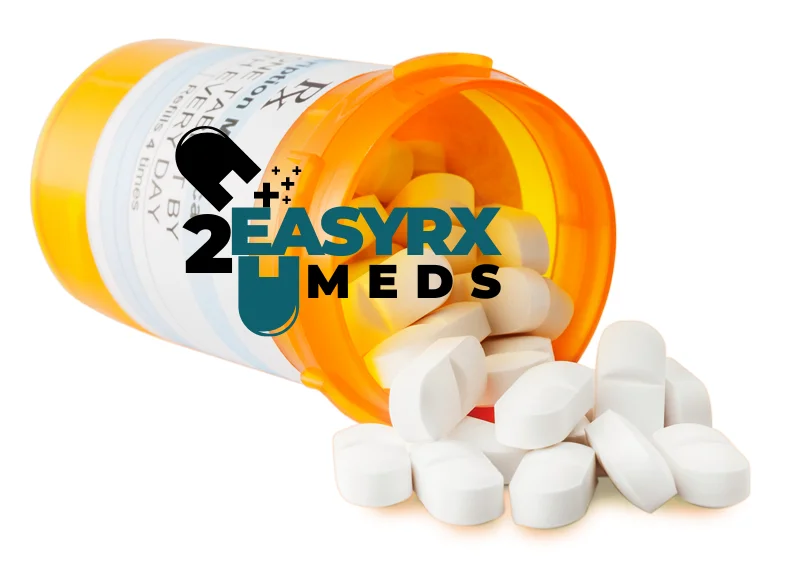There is no item in your cart
Benefits:
1. Effective Pain Relief
- Headaches: Helps alleviate tension or migraines in children.
- Toothaches: Useful in relieving pain associated with dental issues or teething in older kids.
- Muscle Aches and Sprains: Helps reduce pain from minor injuries like muscle strains, sprains, or overexertion from physical activities.
2. Reduces Fever
- Effective in lowering fever associated with common illnesses such as the cold, flu, or infections.
- Can provide up to 6-8 hours of fever relief, allowing children to rest better.
3. Anti-inflammatory Action
- Reduces inflammation caused by minor injuries, such as bruises, sprains, or strains, promoting faster recovery and comfort.
- Helps with inflammatory conditions like minor joint pain or mild arthritis.
4. Long-lasting Relief
- Provides relief for up to 6-8 hours, meaning fewer doses are needed throughout the day compared to medications with shorter durations.
5. Chewable and Child-Friendly
- The chewable form with flavors like grape makes it easier for children to take compared to liquid medicines or pills.
- No need for water, making it convenient for on-the-go use.
6. Available Over-the-Counter
- Widely available in pharmacies, grocery stores, and online, making it accessible for parents.
- No prescription is required, making it easy to obtain when symptoms arise unexpectedly.
7. Adjustable Dosing
- The dosage can be tailored based on the child’s age and weight, ensuring more personalized and appropriate care.
8. Trusted NSAID
- Ibuprofen has been well-researched and is commonly recommended by pediatricians for both pain relief and fever reduction.
Side Effects:
1. Common Side Effects
- Stomach Upset: Nausea, vomiting, heartburn, or indigestion can occur, especially if taken on an empty stomach.
- Mild Allergic Reactions: Rash, itching, or mild swelling (especially around the face and hands).
2. Less Common but Serious Side Effects
- Gastrointestinal Issues: Prolonged use or high doses can cause stomach ulcers, bleeding, or perforation of the stomach or intestines. Symptoms include:
- Persistent stomach pain
- Vomiting blood
- Black, tarry stools
- Kidney Problems: Ibuprofen can reduce blood flow to the kidneys, especially in children who are dehydrated or have underlying kidney issues. Symptoms may include:
- Decreased urine output
- Swelling (especially in the feet and ankles)
- Fatigue
- Liver Damage: Though rare, long-term use may affect liver function, leading to symptoms like:
- Yellowing of the skin or eyes (jaundice)
- Dark urine
- Allergic Reactions: Though uncommon, some children may experience severe allergic reactions to ibuprofen, leading to:
- Difficulty breathing or wheezing
- Severe rash or hives
- Swelling of the face, lips, tongue, or throat (anaphylaxis)
- Seek emergency medical help immediately if these occur.
3. Other Possible Side Effects
- Dizziness or drowsiness, though rare, can happen.
- Tinnitus (ringing in the ears) has been reported in some cases with long-term or high-dose use.
- Increased Blood Pressure: Though more common in adults, ibuprofen may increase blood pressure slightly, especially if used for extended periods.
4. Risk of Heart Problems
- Prolonged or excessive use of NSAIDs, including ibuprofen, may increase the risk of heart attack or stroke, although this is very rare in children.
5. Skin Reactions
- Rare but serious skin reactions such as Stevens-Johnson Syndrome or toxic epidermal necrolysis may occur, characterized by a severe rash, blistering, or peeling of the skin.



Reviews
There are no reviews yet.